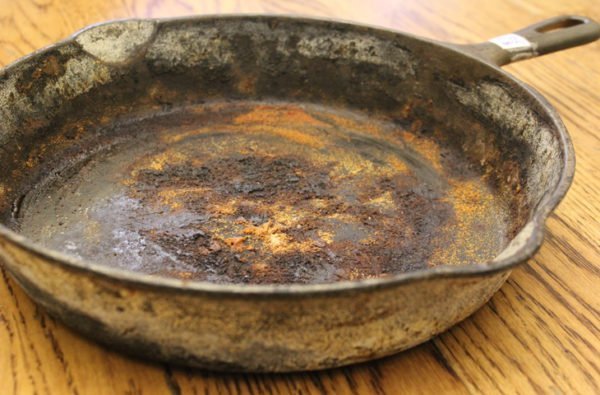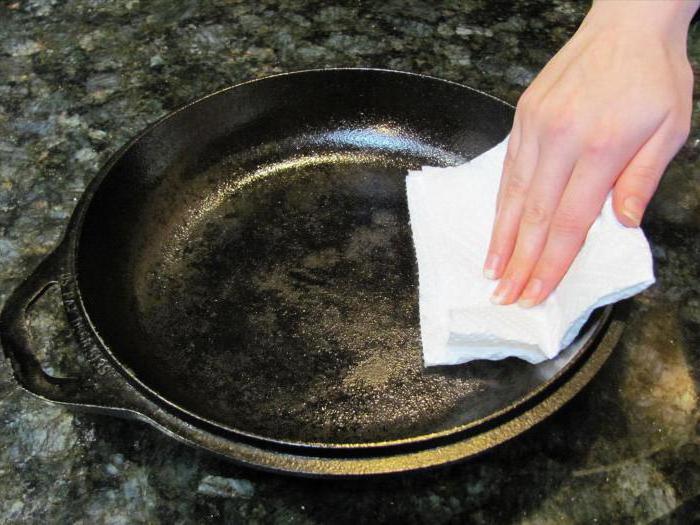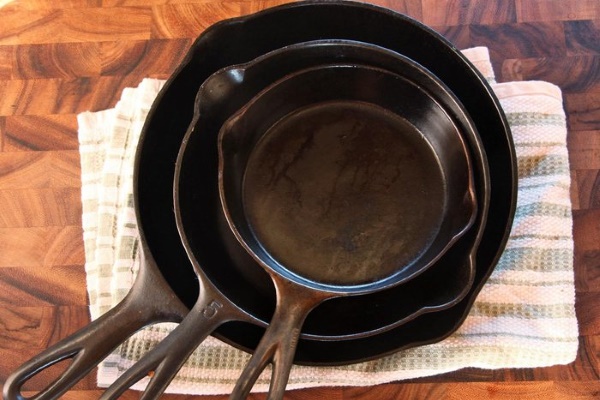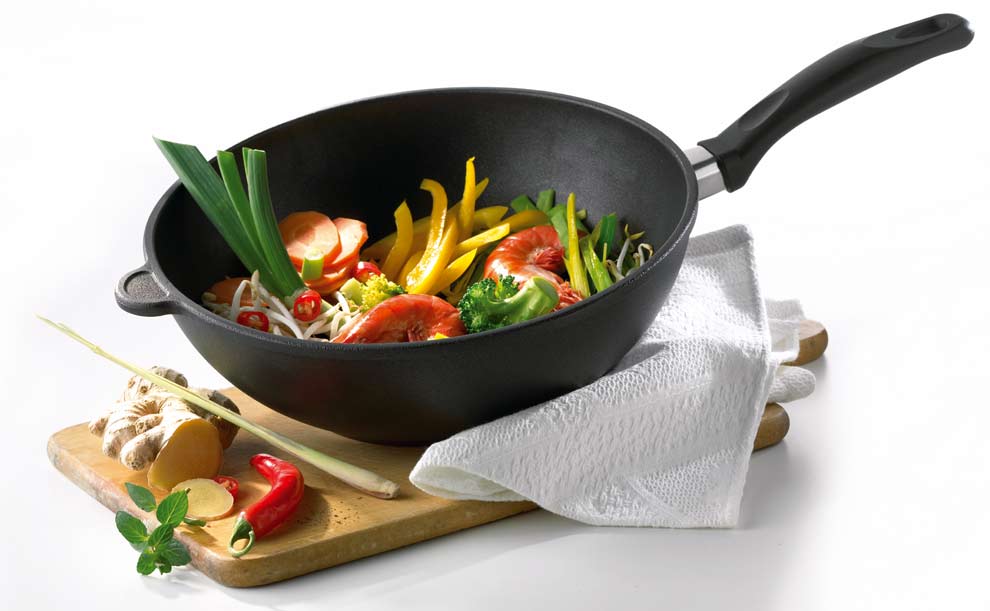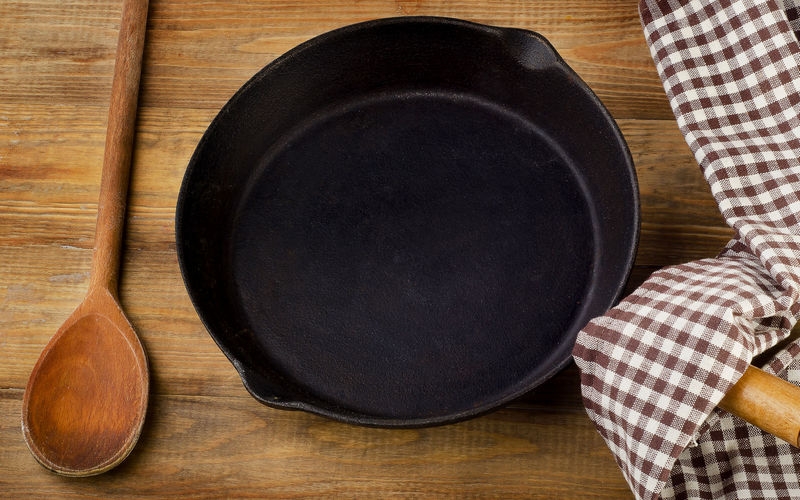Content:
Summer residents on the site usually have much more to do than time, so some not particularly important things are left without attention. It often happens that having arrived at the dacha in early spring, a person discovers a mountain of smoked dishes. A truly seasoned summer resident will not disregard this problem, because there is one very affordable way to clean the dishes to a shine.
What do you have to fight?
Carbon deposits are often the cause of black deposits on pans. It occurs due to constant frying and stewing in such kind of dishes and then it is very difficult to remove. Each time the soot becomes more and more, and now the once-shiny dishes are no longer recognizable. Carbon deposits remain loose on the outside, but hardens inside, due to which it is especially difficult to remove.
Why do you need to remove carbon deposits?
Some particularly lazy people treat soot as a cosmetic problem. Just think, the frying pan is black on the outside, the main thing is that it is clean inside, which means it will still serve for some time. But not everything is as simple as it seems.
Carbon deposits, as indicated above, have a loose texture on the outside, which means that they periodically get into food and are safely eaten. Since it itself consists partly of rancid fat, it can be assumed that food is enriched with carcinogens, that is, substances that cause cancer.
Also, ignited particles flying off can easily cause a fire in the room. By the way, they don't even need to fly off, the frying pan itself, covered with a layer of fat and soot, can catch fire.
Sand cleaning
Heavily smoked old pans just want to be sent to the trash. But there is absolutely no need for this, because a chic cleanser is literally under your feet and you can take it completely free.
It is necessary to pour sand into the pan, it should fill the entire surface to the brim. A frying pan with sand is heated on the stove for several hours so that the carbon is softened. After this time, the softened carbon can be easily removed with a metal sponge or spatula.
If there are not very many layers of carbon deposits, then it will take only a couple of hours to heat the pan on the stove, and if everything is very bad, then all six.
The advantage of this cleaning method is saving energy, since you don't have to apply any special work to cleaning, the carbon deposits will go away with ease.
Carbon deposits prevention
The best way to deal with this problem is prevention. To prevent the pans from becoming covered with soot, they must be cleaned regularly, about 1 - 2 times a month, with special anti-grease agents. Thus, the soot will simply not have time to accumulate.
